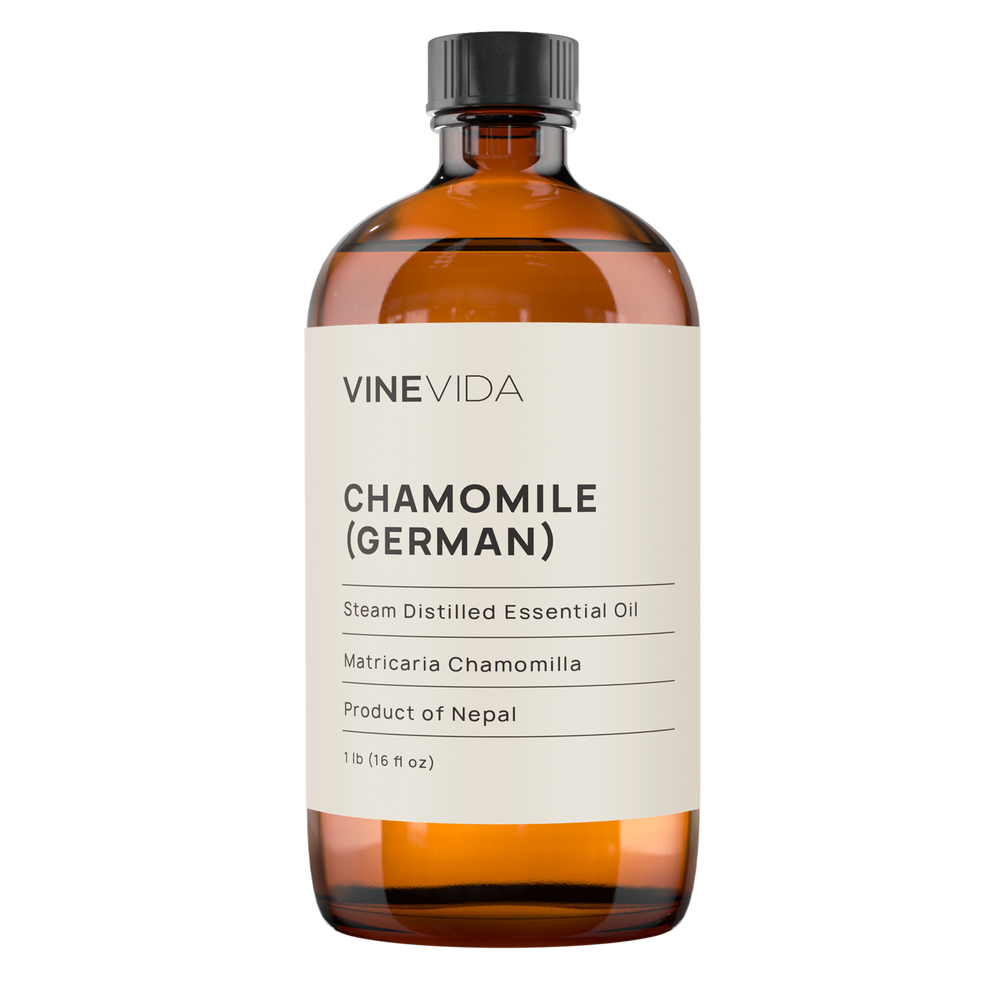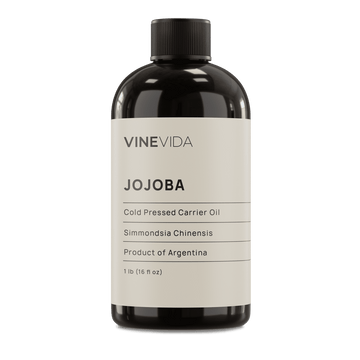Anxiety is basically the human body’s response to either fear or worry. It is normal to have anxiety at times in your life, but for some, anxiety can begin to interfere with day-to-day living. There are many different types of anxiety, and it can present itself in many different ways. The most common symptoms are feelings of stress, tension, panic, difficulty concentrating, and trouble sleeping. The Anxiety and Depression Association of America (2020) states that around 31% of adults will suffer from an anxiety disorder at some point in their life. There are different ways to treat anxiety including counseling and prescription medications. However, many people are uncomfortable or suffer side effects from taking these drugs, and look for other methods of relief. Studies indicate that aromatherapy, and using essential oils for sleep and anxiety, are effective ways to treat these minor symptoms of these disorders. On that note, we have put together a list of what we consider to be the best essential oils for anxiety and depression!
Using Essential Oils for Stress and Anxiety: How They Work
In our brains, we have something called the limbic system. The limbic system is sometimes referred to as the “emotional brain”. This is because it directly connects with the brain’s systems that relate to emotions, memory, hormone balance, and even heart rate and blood pressure. When you inhale an odor one of the receptors that trigger is the limbic system, which is why we frequently connect scent to memories. Using essential oil blends for anxiety and panic attacks can help reduce symptoms by promoting physiological and psychological effects.
The Top 7 Best Essential Oils for Anxiety
1. Lavender Essential Oil
One of the most famous aromatherapy oils, lavender’s aroma is both floral and herbaceous, with sweet undertones. Many people use lavender to help reduce feelings of stress and anxiety and help promote sleep. Lavender is one of the best essential oils for anxiety as it offers the scientific research to back it up. Many studies on lavender indicate that it is an effective way to lower anxiety, through either inhalation or massage.
2. Marjoram Essential Oil
Though there is a lack of research on using marjoram essential oil for anxiety, many people swear by it. Additionally, there is evidence that marjoram oil is an effective pain reliever for minor ailments. Many aromatherapists use marjoram oil for massage therapy, to help ease tension in sore muscles and joints. Often, anxiety leads to tension headaches due to tight muscles in the neck and jaw area. Try diluting a few drops of marjoram oil with a carrier oil and rubbing into your temples for quick relief.
3. Jasmine Essential Oil
Jasmine oil may be able to help reduce feelings of anxiety without causing a physiological effect. One study shows participants with no change in heart rate or blood pressure, but with a reduction in the sensation of anxiety. Jasmine smells sweet and floral and is a favorite for many perfumers. You can also add it to lotions and creams, for added benefits. You can also add jasmine to other essential oil blends for anxiety and panic attacks, as it will help balance the fragrance.
4. Bergamot Essential Oil
Famous for giving Earl Grey tea its trademark aroma, bergamot is one of the best essential oils for anxiety. Multiple studies indicate bergamot is capable of reducing anxiety while also having a mood-lifting effect. You can choose to incorporate bergamot essential oil in many ways, including inhalation, massage, and cosmetics. One thing to take note of is that bergamot is phototoxic, which means it can cause a reaction in your skin when in contact with sunlight. If you do decide to use bergamot oil topically, in addition to diluting it you should avoid being outside without proper sun protection.
5. Chamomile Essential Oil
Chamomile is very popular for its use to calm the mind and improve sleep problems such as insomnia. Though you can often see it in herbal teas, research on chamomile essential oil is lacking. However, one study looking at patients with Generalized Anxiety Disorder (GAD) found there was a meaningful reduction in patient symptoms during the time they were using chamomile oil as a treatment. It is also popular in the aromatherapy world for being one of the best essential oil blends for sleep and anxiety.
6. Ylang Ylang Essential Oil
This extract from the ylang ylang flowers of the Cananga tree is reminiscent of the rich, sweet scent of the tropics. While this may be enough to lift your mood all on its own, research indicates ylang oil can not only reduce stress and anxiety, but can also help lower blood pressure, heart rate, and cortisol levels. This makes it one of our favorites on the list of the best essential oils for anxiety and depression!
7. Sweet Orange Essential Oil
Like other citrus essential oils, sweet orange oil offers a bright, refreshing aroma. Many aromatherapists use orange oil to help reduce feelings of depression and anxiety in patients. A 2012 study backs this up, indicating that orange oil can help improve symptoms of common anxiety disorders.
Using Essential Oils for Stress and Anxiety
Inhalation Aromatherapy
Inhalation is one of the easiest ways to use essential oils for anxiety and depression. You can sniff directly from the bottle, use aromatherapy jewelry, a diffuser, or even put a few drops on a tissue. This means you can bring your oils with you anywhere, and have them available when you need them.
Massage Therapy
One of the best ways to achieve the benefits of aromatherapy is through massage. This can be done on your own, or with a professional. You will need to dilute the essential oils first, using a carrier oil such as jojoba oil or sweet almond. Use around 15-20 drops of essential oil for every ounce of carrier oil. If you plan to use it for your temples or face, use a lower concentration (less than 1.5% dilution rate). This is also a good way to incorporate essential oil blends for anxiety, as you can use a combination of oils.
Bedtime Bath
Adding them to a bedtime bath is the perfect way to use essential oils for sleep and anxiety. The best way to do this is to add a few drops of essential oil to a carrier oil and add it to your bath after it’s full. If you add it while the water is still running it can cause the oil to dissipate into the air, lessening the effect.
Precautions
When using essential oils it is important to follow a few guidelines:
- Never ingest essential oils
- Do not apply essential oils directly to your skin without first diluting them. Follow proper dilution guidelines, such as those set by the National Association of Holistic Aromatherapists
- Keep essential oils away from small children and pets
- Those with underlying medical conditions or who are taking prescription medications should discuss essential oil therapy with a medical professional before use
Conclusion
If you suffer from an anxiety disorder it is important to get the advice of a medical professional. Scientific evidence indicates aromatherapy can be an effective way to reduce feelings of anxiety, but it is still important to ensure you are getting the help and care you need! There are also professional aromatherapists who may be able to help incorporate essential oil blends for anxiety and panic attacks into your life. As always, practice self-care, and if using oils make sure you are using proper methods of use. Always purchase essential oils from a reputable source, to ensure you are getting 100% pure and safe products.





















